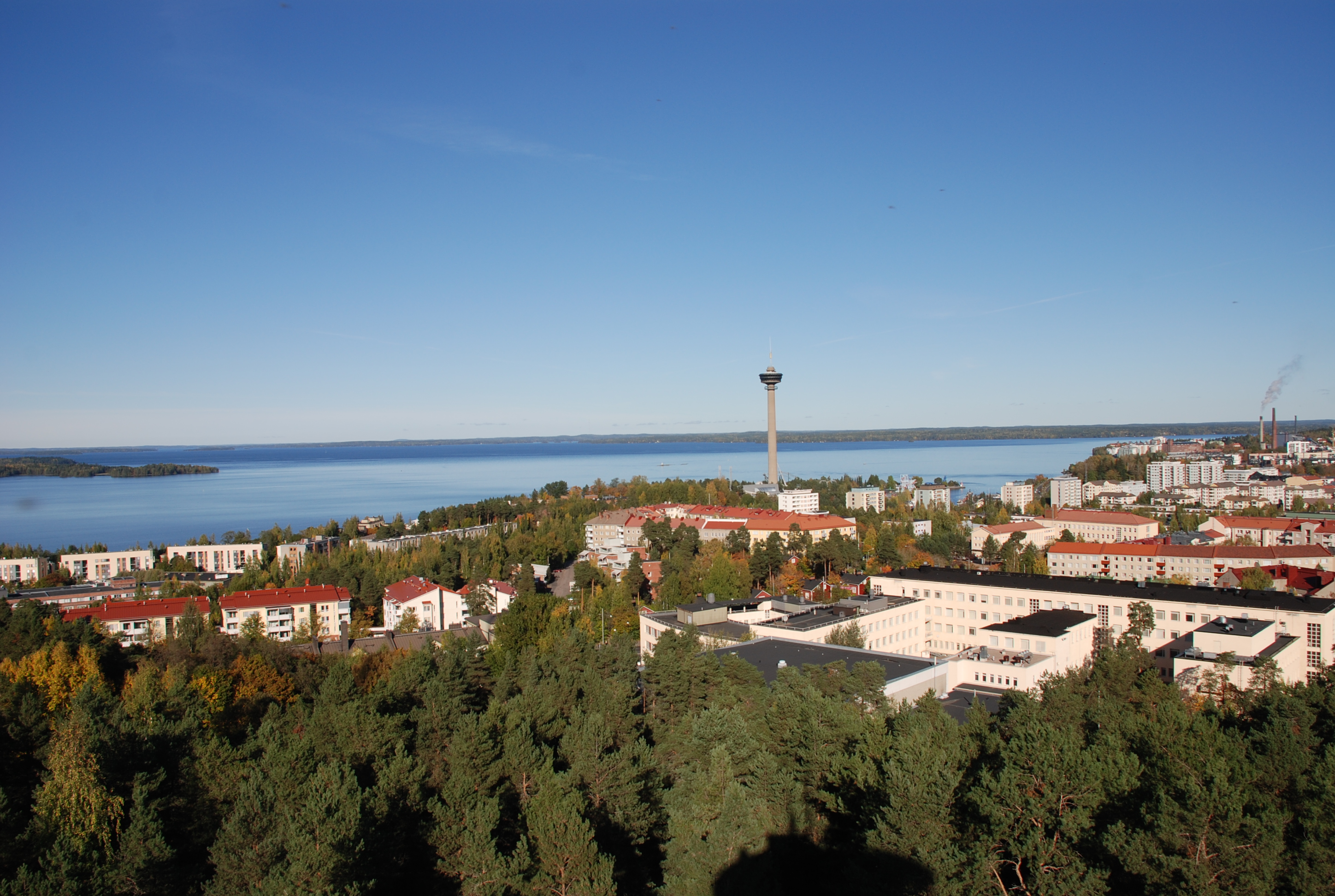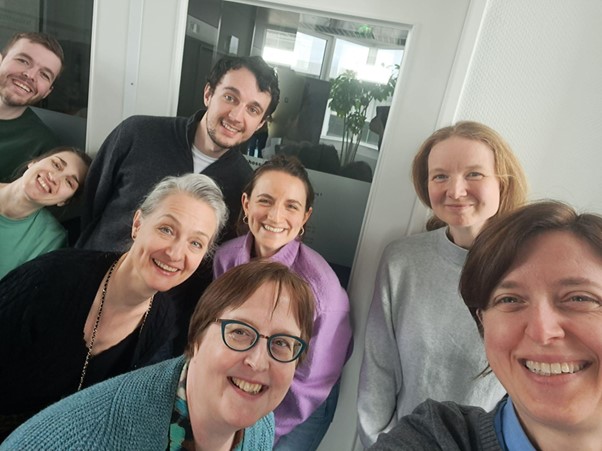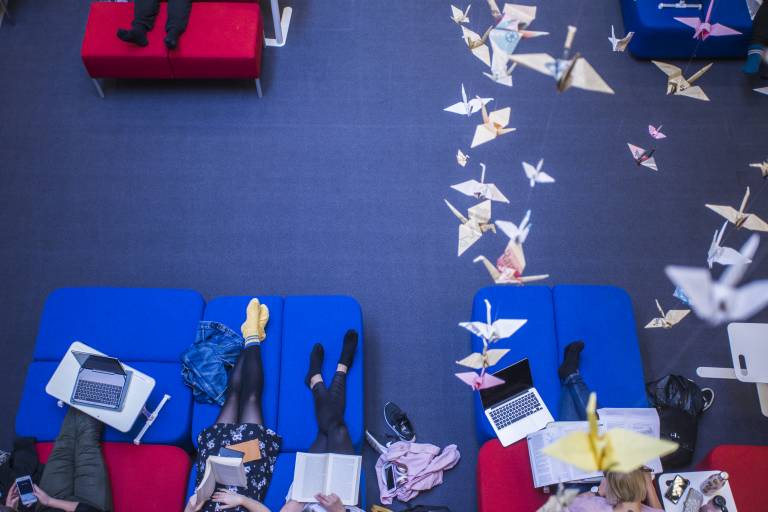Highlights of academic work can be manifold, as this profession allows us significant degrees of freedom in carving out our work profile according to what we value and what keeps us motivated. For me, an annual highlight has been the DOTTSS summer school.
Since 2012 I have been involved in an international summer school initiative that organizes a two-week translation studies and translator training summer school for PhD students. The steering committee members rotate in organizing these, and every one of us plus a number of other teaching staff spend one to two weeks every summer in a nice location somewhere in Europe.
Most often the summer schools have taken place in Slovenia which is the home of the mastermind behind the initiative, professor Nike K. Pokorn, but also in Granada, Istanbul (virtually so far…), Turku, or Tampere. This year, once again, Tampere University is hosting the 11th DOTTSS summer school, with Hanna Risku, Tampere alumna and professor of translation studies in the University of Vienna, as our guest professor.
In Europe, July is one of the most logical time slots for these activities. Not so in Finland where it is the peak holiday season (this year’s edition of the summer school takes place in June). A decade of giving up a part of each summer break to lectures, tutorials and feedback for prospective translation scholars from around the world begs the question: why do it? What’s in it for a senior professor? A lot.
For the teaching staff, too, the summer school is a deep dive into collective research thinking reminiscent of one’s own PhD student times that we now remember as a rare opportunity for focused scientific exploration. In addition to the guest professor’s lectures and discussions – a wonderful opportunity to really engage with a renowned scholar’s current work and thinking – we organizers keep on listening to and learning from one another’s sessions, and the discussions can continue for many days. This kind of collaboration and academic friendship is invaluable, and the summer school context allows us a timeframe to cultivate it in ways that meeting in the conference coffee breaks does not.
In preparing for our own lectures we rethink and rediscover our own research topics as well. Giving lectures about your own research may seem like an easy task but an annualprogress report in the form of an accessible lecture allows you to make progress amidst other duties that tend to push advanced theoretical thinking to the sidelines in the daily university life.
A particular perk comes from the rejuvenating company of all the new sharp and curious minds that you engage with every day. Mentoring is a skill of its own, forcing you to jump from one topic to another at a fast pace, hoping that you can deliver something meaningful, or at least are not leading anyone astray. It is also a challenge that I cherish, as it pushes my abilities and gives me an opportunity to get excited by the fascinating topics that today’s PhD candidates are working on. What a joy!
We are currently accepting applications to DOTTSS Tampere 2023. For more information see https://events.tuni.fi/dottss2023/
For more on the DOTTSS initiative and previous summer schools see https://www.ff.uni-lj.si/en/summer-school-dottss





